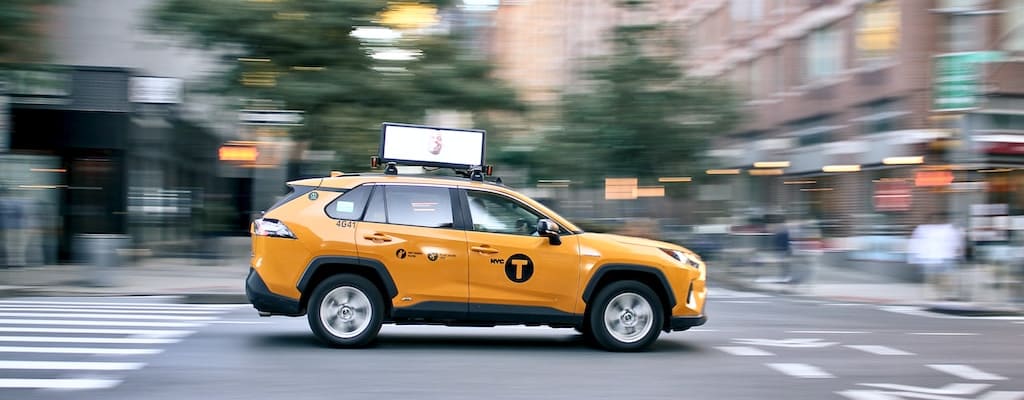fourth gear: Idiom Meaning and Origin
What does ‘fourth gear’ mean?
The idiom "fourth gear" means to be operating at a high level of efficiency, productivity, or speed.

Idiom Explorer
The idiom "second gear" refers to the next level of effort, speed, or intensity in a particular activity or situation. It implies a higher level of performance or action being taken compared to the initial phase or starting point.
The idiom "go to town" means to work or proceed vigorously and with enthusiasm.
The idiom "go nowhere fast" means to make no progress or achieve no results despite putting in a lot of effort or time.
The idiom "give it the gun" means to apply maximum effort or speed to a task or activity.
The idiom "get one's ass in gear" means to start working or moving quickly and efficiently.
The idiom "full tilt boogie" means to go at maximum speed or effort, often used to describe a situation or activity that is intense, fast-paced, or energetic.
The idiom "full speed ahead" means to proceed or move forward with great speed or intensity, without hesitation or obstacles. It conveys a sense of determination and focus in pursuing a goal or task.
The Origin Excursion
The idiom "fourth gear" holds a specific meaning in the English language. It is associated with the notion of speed and intensity, often referring to a state of high energy or productivity. The origins of this idiom can be traced back to the early 20th century, when the automotive industry was gaining momentum and popularity.
In its literal sense, "fourth gear" refers to the highest gear in a manual transmission vehicle. In this gear, the engine operates at its maximum efficiency and power, allowing the vehicle to reach its highest speeds. It provides a sense of acceleration and drive. This notion of speed and intensity has been metaphorically applied to various aspects of life and activities.
The idiom "fourth gear" is commonly used to describe individuals or groups who are in a state of heightened productivity or energy. It suggests that they are operating at their maximum potential and are fully engaged in their tasks or endeavors. In professional settings, employees may be described as being "in fourth gear" when they are exceptionally focused and efficient.
Additionally, "fourth gear" can also describe intense levels of enthusiasm, passion, or excitement. Individuals may use the expression to convey their excitement about a particular event or activity. It signifies a state of being fully immersed and giving one's utmost effort and attention.
It is important to note that the idiom "fourth gear" is primarily used in informal contexts and may not always be understood by non-native English speakers or those unfamiliar with automotive terminology. However, its usage is prevalent in both spoken and written language, especially in North America. This idiom has become deeply ingrained in the English lexicon and is recognized by a wide range of individuals.
The idiom "fourth gear" symbolizes a state of heightened speed, intensity, and energy. It finds its origins in the world of automobiles but has been metaphorically applied to describe various aspects of life and activities. Whether it is used to depict productivity in the workplace or enthusiasm in personal endeavors, this idiom has become a common expression in the English language.
The idiom "second gear" is related to the notion of speed and intensity, much like "fourth gear". It is a metaphorical expression used to describe a state or level of activity that is not as fast or intense as "fourth gear", but still holds a significant amount of energy and productivity. It suggests that someone or something is operating at a moderate level, not quite reaching their maximum potential.
For example, in a work setting, someone may say that they are "in second gear" to indicate that they are not yet fully engaged or operating at their highest level of productivity, but they are still actively working and making progress. This expression conveys a sense of motion and activity, while acknowledging that there is room for improvement or a need to increase the intensity.
Similarly, in personal endeavors or activities, someone may describe themselves as being "in second gear" if they are not fully immersed or giving their utmost effort, but are still making an active effort towards their goal. It implies that there is energy and movement, albeit at a slightly slower pace.
The idiom "find another gear" is also related to the concept of speed and intensity. It is often used to encourage someone to increase their level of productivity or energy. This expression suggests that someone should shift their mindset or approach in order to reach a higher level of performance or accomplishment.
For example, if someone is working on a project and the progress seems slow, a colleague may say, "You need to find another gear to pick up the pace." This implies that the person should adjust their approach, increase their effort, or find a new perspective in order to accelerate their progress.
In personal life, "find another gear" can be used to motivate someone to push themselves beyond their current limits. It encourages them to explore new strategies, increase their commitment, or tap into additional sources of energy and motivation.
Overall, the idioms "second gear" and "find another gear" are related to the concept of speed and intensity, similar to "fourth gear". While "second gear" describes a moderate level of activity or energy, "find another gear" encourages individuals to increase their level of productivity or performance. These idioms add depth to the understanding of "fourth gear" and provide further insight into the nuances of speed and intensity in various contexts.
Example usage
1. He was driving so fast that he shifted into fourth gear to maintain his speed.
2. After the long stretch of uphill road, the car finally gained momentum and smoothly transitioned into fourth gear.
3. The racecar driver accelerated quickly, pushing the car into fourth gear to maximize his speed on the straightaway.
More "Speed" idioms



